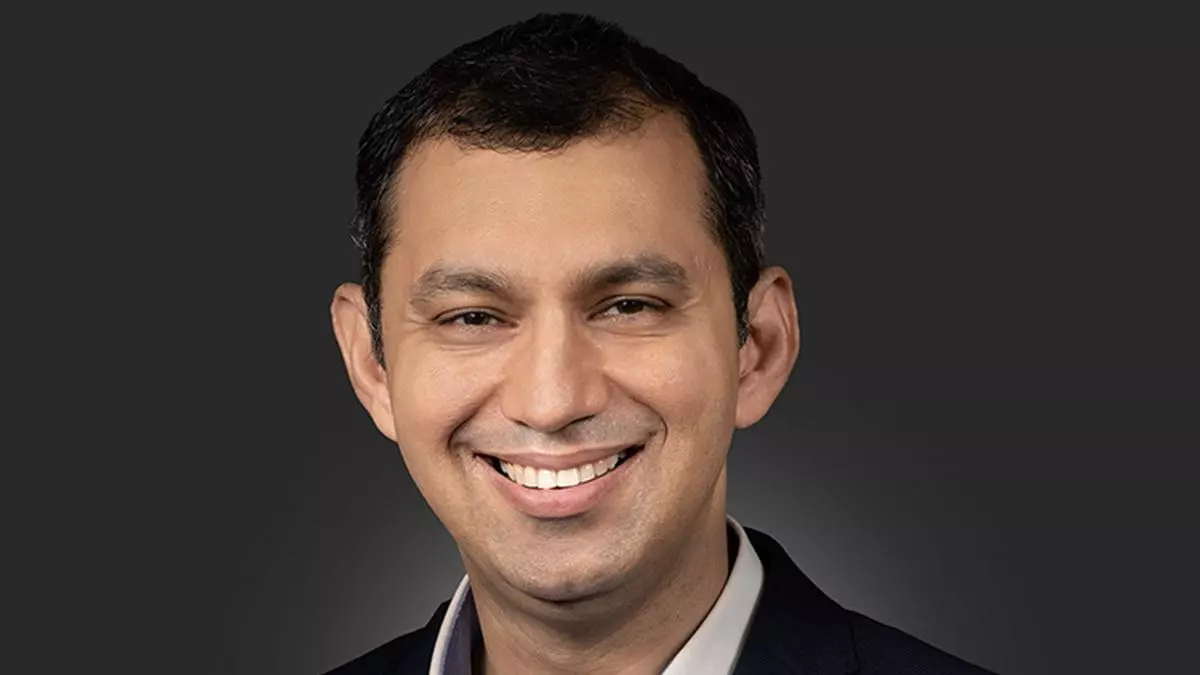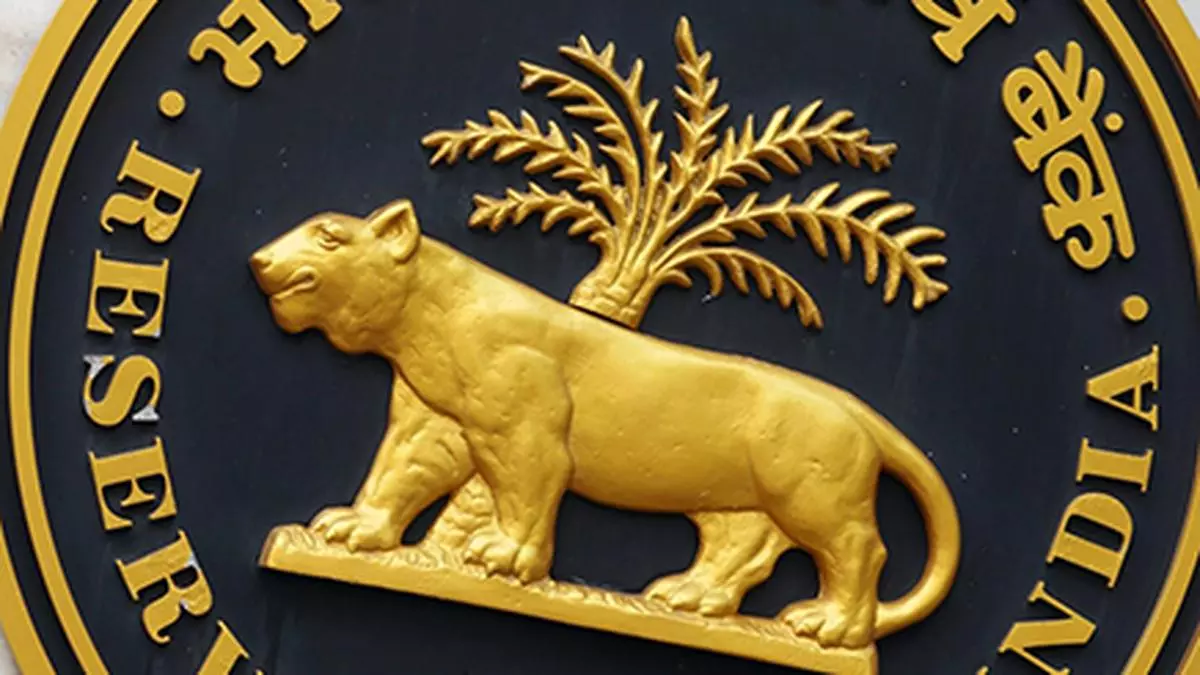…Recurring pattern of failed promises raises concerns
…stable electricity, quality health care, basic education, others remain luxury
For decades, Nigerians have looked to successive governments for solutions to pressing challenges — economic instability, insecurity, poor infrastructure, and systemic corruption.
However, a recurring pattern of unmet promises and dashed hopes has left many questioning whether the problem lies with the government’s incompetence, its unwillingness to act, or simply the citizens’ high expectations.
The people’s expectations
Nigeria’s socio-economic challenges create an environment where citizens naturally demand much from their leaders.
“We are in a country where basic amenities like stable electricity, quality healthcare, and good roads are a luxury,” said Adewale Ajayi, a public servant in Lagos.
“It’s only normal to expect the government to step up, especially when they make countless promises during campaigns.”
In a country of over 200 million people, the weight of such expectations can be overwhelming. Citizens often look to the government for solutions to problems that may require systemic societal changes, leading some to believe Nigerians overrate their government’s capacity.
Read also: “Leadership Failure and State Capture in Nigeria”
Government’s failures or public overreach?
While it’s easy to blame citizens for expecting too much, the government’s track record paints a mixed picture. Insecurity continues to plague vast parts of the country, inflation is soaring, and millions of youths remain unemployed. Each administration enters office with ambitious manifestos but struggles to meet even the most basic benchmarks.
Uche Okeke, a good governance advocate, believes this gap stems from a mix of incompetence and lack of political will.
“Many politicians in Nigeria are more focused on personal enrichment than nation-building,” she said.
“The government has the resources and capacity to make changes, but corruption and mismanagement stand in the way.”
Others argue that the expectations of citizens are unrealistic, especially considering Nigeria’s complex socio-political landscape.
“We inherited a flawed system from colonial rule, and it’s only been worsened by decades of military regimes and mismanagement,” said Olakunle Ojo, a political scientist.
“Fixing Nigeria is not a four-year job; it requires patience and sustained effort.”
Voices of frustration
For many Nigerians, the frustration is palpable. “How do you expect me not to overrate the government when I pay taxes and cannot even get good healthcare?” asked Rukayat Adesina, a businesswoman in Lagos.
“We don’t want miracles; we just want the basics to work.”
In contrast, some Nigerians have resigned themselves to low expectations.
“I don’t expect anything from them anymore,” said Samuel, a university student.
“If they don’t make things worse, that’s already an achievement.”
Comparing global standards
The issue of overrating the government is not unique to Nigeria, but it takes on a different dimension in countries with weak institutions. In many developed nations, citizens rely on a mix of public and private solutions to address societal needs. In contrast, Nigerians have historically depended almost entirely on government interventions due to a lack of alternatives.
“This dependency stems from years of centralised control, starting from the military era,” explained Ojo, earlier quoted.
“The government remains the main source of hope for many, which amplifies the disappointment when it fails.”
Resolving the tension between public expectations and government performance requires a dual approach. The government must take deliberate steps to rebuild trust by delivering on promises and tackling corruption head-on.
Citizens, on the other hand, need to recalibrate their expectations and focus on holding leaders accountable rather than expecting them to solve every problem.
“We need to strengthen institutions and empower citizens to take part in governance. Civil society and the private sector must play a more significant role in driving development,” Ojo said.
Ultimately, the question remains: are Nigerians overrating their government, or is the government consistently underperforming?
Perhaps, the answer lies somewhere in-between — in a complex interplay of expectations, leadership failures, and societal realities. Until this balance is struck, the cycle of hope and disappointment may continue.








Leave a Comment